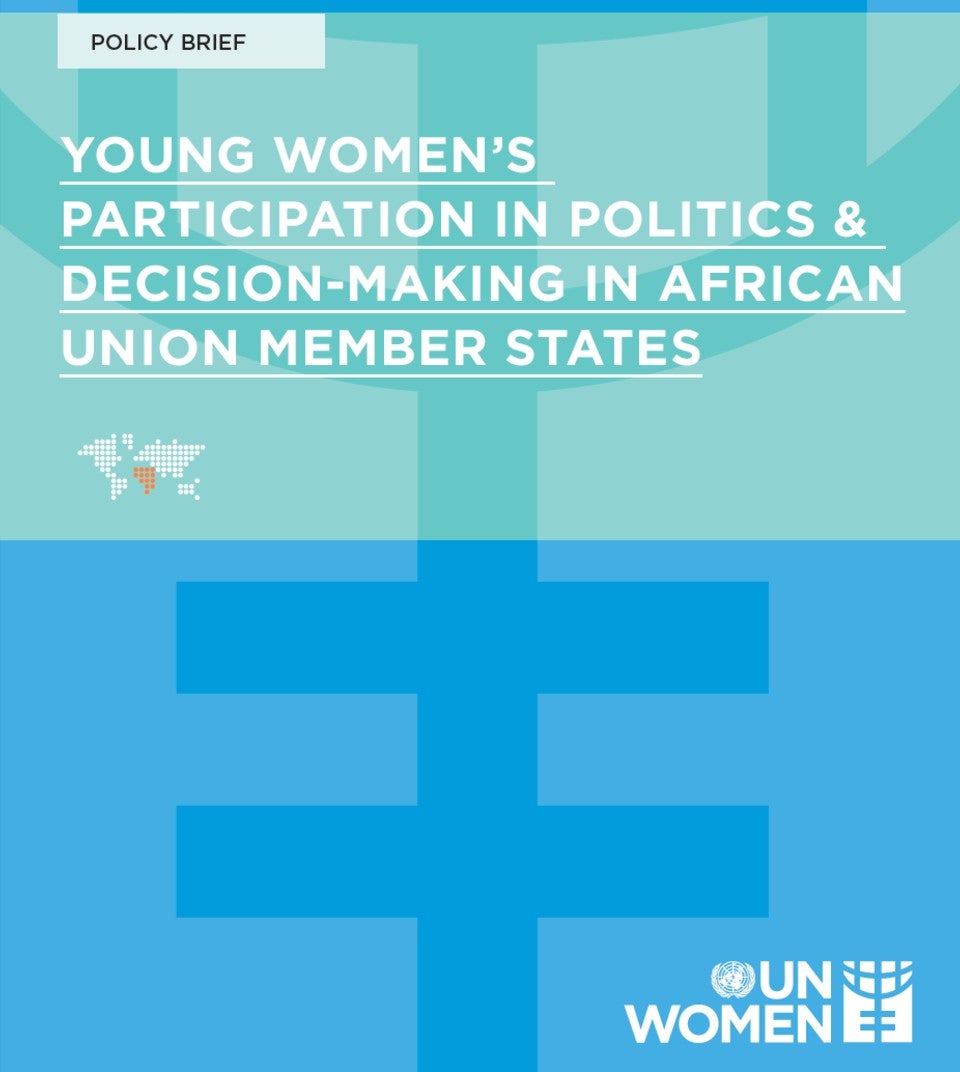
Young Women’s Participation in Politics & Decision-Making in African Union Member States

Young people – a demographic, according to African Union (AU) covers men and women under 35 years of age - comprise approximately three-quarters of Africa’s population. By 2030, it is estimated that the share of Africa’s youth in the world will increase to 42%. Recognising the burgeoning youth population that dominates Africa’s demographics, it is clear that the continent cannot achieve the development objectives that it has set for itself without the active participation and leadership of its young people, including young women. However, their political power has not reflected their demographics.
For young women, representation in political institutions, policy-making and decision-making processes has remained limited. The disproportionate impact that the COVID19 pandemic has had on women’s social and economic lives puts the limited progress at risk and threatens to reverse the gains made if specific attention is not given to specifically addressing the needs of women, including young women.
This working paper and accompanying policy brief carry a collection of good practice and lessons learned from around the Africa and the world, with a view to enabling the AU and its organs, as well as its Member States, to identify possible entry points and strategies for ramping up efforts to realise the AU’s GEWE commitments, and the many national gender equality and youth policies and strategies across the continent. The paper and policy brief offer more than fifty recommendations for consideration by the AU, AU Member States and policy makers at the continental, regional and national levels to address the complex challenge of empowering young women across the continent to more effectively engage in political life. It calls on deliberate efforts to put the needs of young women at the centre of the COVID 19 response and recovery plans so that gains made around political participation are not reversed by the pandemic.